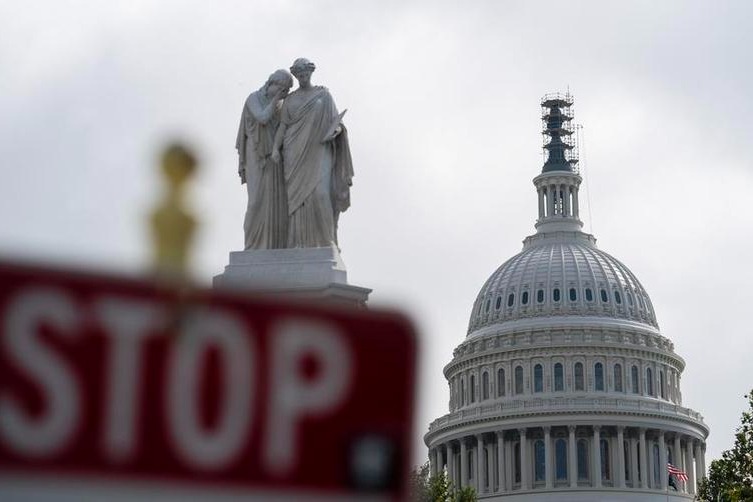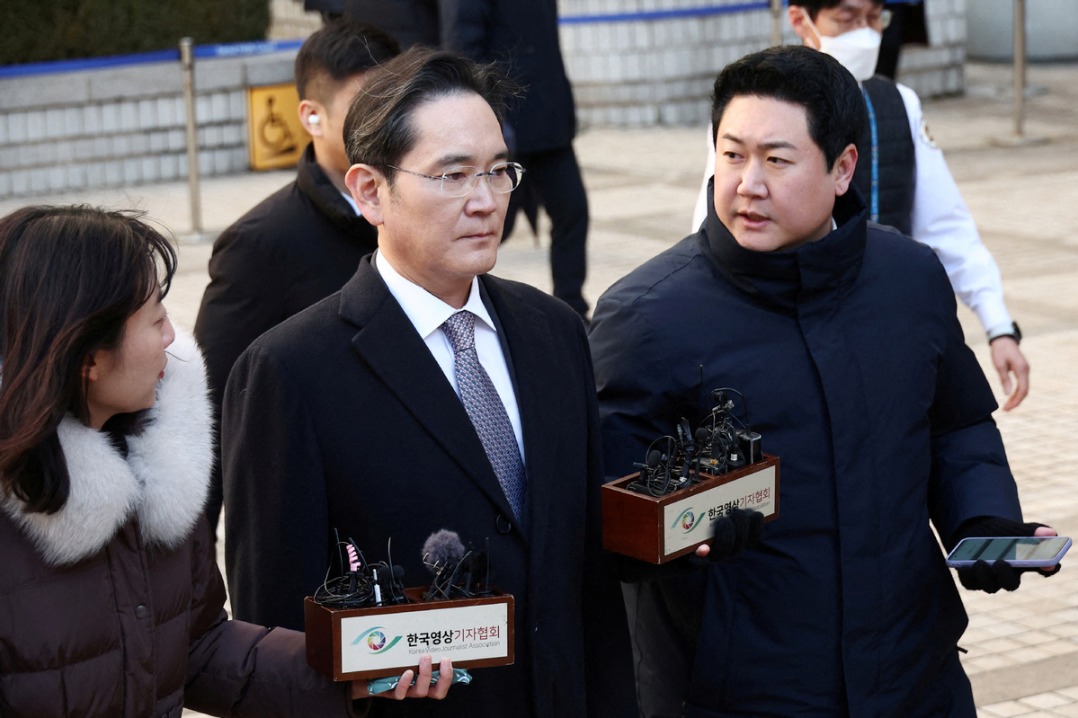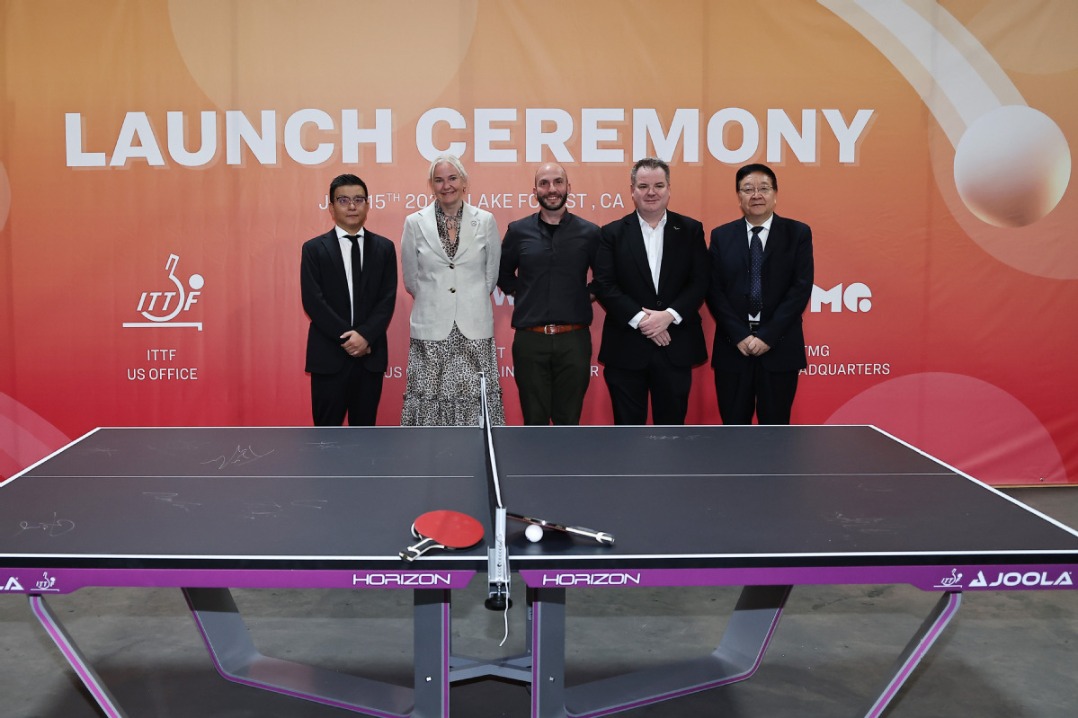US, China urged to reexamine Shanghai Communique for better relations


Both countries agreed that they could disagree 50 years ago, and observers said they should likewise do the same today
Leading diplomats from the United States and China encourage the two countries to reexamine the Shanghai Communique, which they called an "extraordinary diplomatic document" to improve bilateral relations.
The Shanghai Communique was issued in February 1972 by then US president Richard Nixon and then Chinese premier Zhou Enlai at the end of Nixon's historic weeklong visit to China.
The Communique is "one of the most extraordinary diplomatic documents" and is "highly unusual" because in the statements the two countries agreed to disagree, said former US secretary of state Henry Kissinger in a video message at a forum commemorating the 50th anniversary of the signing of the document.
He recalled his secret trip to Beijing in 1971 when he was then assistant to the president for national security affairs. He met with Zhou and they conducted almost nonstop meetings over 2.5 days.
Their discussions about mutual interest and also disagreements between the two countries laid the core foundation for what would become the Shanghai Communique.
During his meeting with Zhou, Kissinger recalled that they agreed the discussion should state the differences between the two sides in order to highlight whatever agreements might be made.
As a result, the Communique stated opposing views on a number of subjects, but it also stated four or five agreements of great significance, and it included a statement about cooperation between the two sides, Kissinger said.
"It has become a guiding principle of the relationship between our two countries. I simply want to say that the safety of the world depends on the two most advanced countries to remain a permanent dialogue and achieve the settlement of disagreements in a collaborative attitude. Those are the key issues of our time," he continued.
At the forum co-hosted by AmCham Shanghai, Committee of 100 and the National Committee on US-China Relations in Shanghai, Zhou Bingde, niece of Zhou Enlai, told the audience that the past half century has shown "countless times" that despite "all the sensitivity causing rifts" between China and the US, the two largest economies in the world share immense common interests.
"We witnessed the fruitful achievements and promising future between our two countries in the past 50 years," she said.
"Deep in my heart, I believe he (Zhou Enlai) would have hoped that the long-standing friendship between China and the US would continue its course based on the spirit of seeking common ground and keeping differences."
Gary Locke, former US ambassador to China, said the US-China trade has helped to lift hundreds of millions of people out of poverty in the past four decades — "the most dramatic social and economic transformation the world has ever seen".
"Today we are all the beneficiaries of that historic week that changed the world. Since then, almost a half a century after the normalization of relations between the United States and China, the connections and ties between the peoples of the United States and China have become so deeply embedded in every aspect of our societies," he said.
Recent foreign direct investment from China created more than 2 million jobs in the US, and scientific, educational, and cultural exchanges have enriched both countries.
However, Locke also noted that the world today is very different from 50 years ago as technological innovation and scientific progress, while beneficial to humankind, have also resulted in uncertainty and insecurity.
In recent years, there have been louder voices calling for "decoupling" and "isolation", and Locke said it has become "far too easy" to demonize the other to "sow fear and to exacerbate and exploit differences, rather than finding a way to bridge those differences".
Five decades ago, the US and China agreed that they could disagree, and that they should follow the principles of respect for sovereignty and territorial integrity.
"These are principles that our modern day leaders and politicians should reexamine," Locke said.
Chinese Ambassador to the US Qin Gang, on Thursday, urged Washington to work with China to oppose and contain "Taiwan independence" separatist forces, CGTN reported.
Qin made the remarks when delivering a speech at an event to mark the 50th anniversary of former US president Richard Nixon's visit to China. The event was held at the Richard Nixon Presidential Library in California.
Qin stressed that the one-China principle is the "unshakable political foundation" for Sino-US relations and a red line that cannot be crossed.
China will do its utmost to achieve a peaceful reunification, he said, adding that "Taiwan independence" separatist forces are the biggest obstacle to that mission.

































